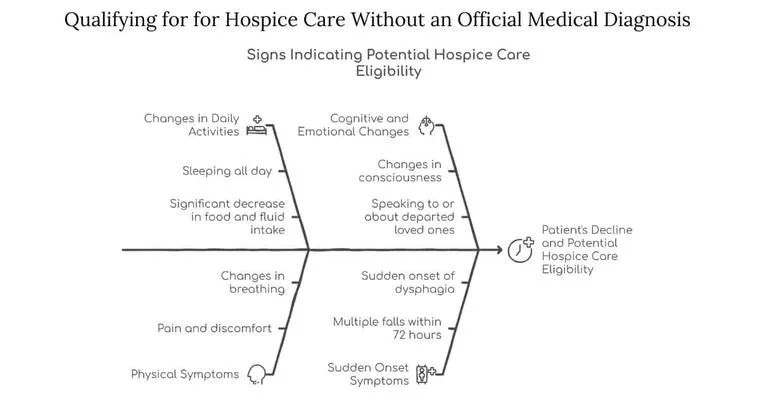As a "geriatrician", I often encounter a significant challenge in my practice: "elders who refuse to go to the doctor". This phenomenon can stem from various factors, including fear, previous negative experiences, or a belief that their health issues are not serious enough to warrant medical attention. Understanding the reasons behind this reluctance is crucial for ensuring that older adults receive the care they need.
Understanding the Reasons Behind Refusal
Many "elderly patients" avoid making medical appointments due to anxiety about the "medical system". They may have had past experiences that left them feeling uncomfortable or misunderstood. Additionally, the stigma surrounding aging and health problems can make some elders reluctant to seek help. They might feel that seeking medical assistance signifies a loss of independence or that they are becoming a burden to their family.
The Impact of Refusal on Health
When elders refuse to go to the doctor, there can be serious implications for their overall health. Chronic conditions like "diabetes", "hypertension", or "heart disease" can worsen without proper management. The lack of regular check-ups can lead to undiagnosed conditions that may become more complicated over time. Preventative care is particularly vital for this demographic, as it can help maintain their quality of life.
Strategies to Encourage Doctor Visits
As a geriatrician, it is essential to approach the situation with empathy and understanding. Here are some strategies that can help encourage elders to visit the doctor:
1. "Open Communication": Engage in conversations about their health without judgment. Listening to their concerns and fears can help build trust.
2. "Education": Provide information about the importance of regular check-ups and how they can lead to better health outcomes. Highlight success stories of seniors who have benefitted from medical care.
3. "Involve Family Members": Encourage family members to participate in discussions about healthcare. Sometimes, hearing it from loved ones can make a significant difference.
4. "Address Transportation Issues": Offer solutions for transportation if getting to appointments is a barrier. This could include arranging rides or discussing public transport options.
5. "Make Appointments Comfortable": Suggest clinics that cater specifically to older adults. A welcoming environment can help reduce anxiety about visiting the doctor.
The Role of Healthcare Providers
Healthcare providers play a vital role in addressing the reluctance of seniors to seek medical help. Geriatricians and other professionals should strive to create a patient-centered approach. Building a rapport with elderly patients can foster a sense of security and openness, making them more likely to seek help when needed.
Conclusion
In conclusion, understanding the reasons behind "elders refusing to go to the doctor" is crucial in providing the best care for this vulnerable population. By employing empathetic communication, education, and supportive strategies, we can encourage older adults to prioritize their health and well-being. As a geriatrician, it is my mission to advocate for the healthcare needs of seniors and ensure they receive the attention they deserve.





